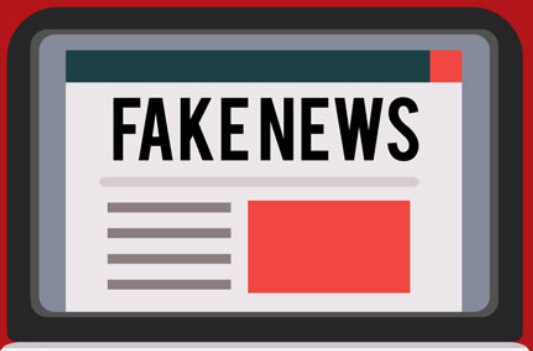
A couple of days ago, just before the presidential election of January 13, Taipei Times reported that China was furiously churning out videos based on an elaborate 300-page false history “containing rumors and negative content [about President Tsai Ing-wen] first published last month on the online open repository Zenodo.”
The videos used virtual hosts, including characters that resembled Chinese-speaking newscasters, foreigners, and in at least one instance, Santa Claus, [sources] said.
However, the content did not generate high rates of engagement due to the low production quality, including the artificial appearance and voice of the virtual hosts, and the use of Chinese-language terms not commonly used by Taiwanese, the official said.
The campaign used more social media platforms than usual, including a manga subforum of the online bulletin board Professional Technology Temple, Mirror Literature and a Facebook group for real-estate listings, they said.
China is known to wage disinformation campaigns against leaders of democratic states, including one last year targeting Canadian Prime Minister Justin Trudeau, but the recent operation exceeded it in scale and resources, the official said.
Beijing is likely using Taiwan as a test bed for information warfare techniques that could be deployed against other countries while still damaging the Democratic Progressive Party at the ballot box on Saturday, the official said.
I guess the world had better get ready for a bazillion more crappy YouTube videos.
The point of the disinformation was to steer voters away from the Democratic Progressive Party’s presidential candidate, Lai Ching-te, Tsai’s vice president. And who knows. Maybe, in combination with all the other things China has been doing to scare and con the separate and independent country’s voters, it worked. Maybe without China’s interference, Lai would have gotten 90% of the vote instead of the plurality of 41% or so that he did win, sufficient to make him Taiwan’s next president.
Or maybe China’s relentless pressure made some voters more determined to vote for anti-appeasement candidate Lai even as it scared other voters away from Lai. Whatever the case, Lai won and China’s rulers lost.
The Taiwan government has promised to put together a report on all the ways that China, which says it did not interfere in Taiwan’s presidential election, interfered in Taiwan’s presidential election.





